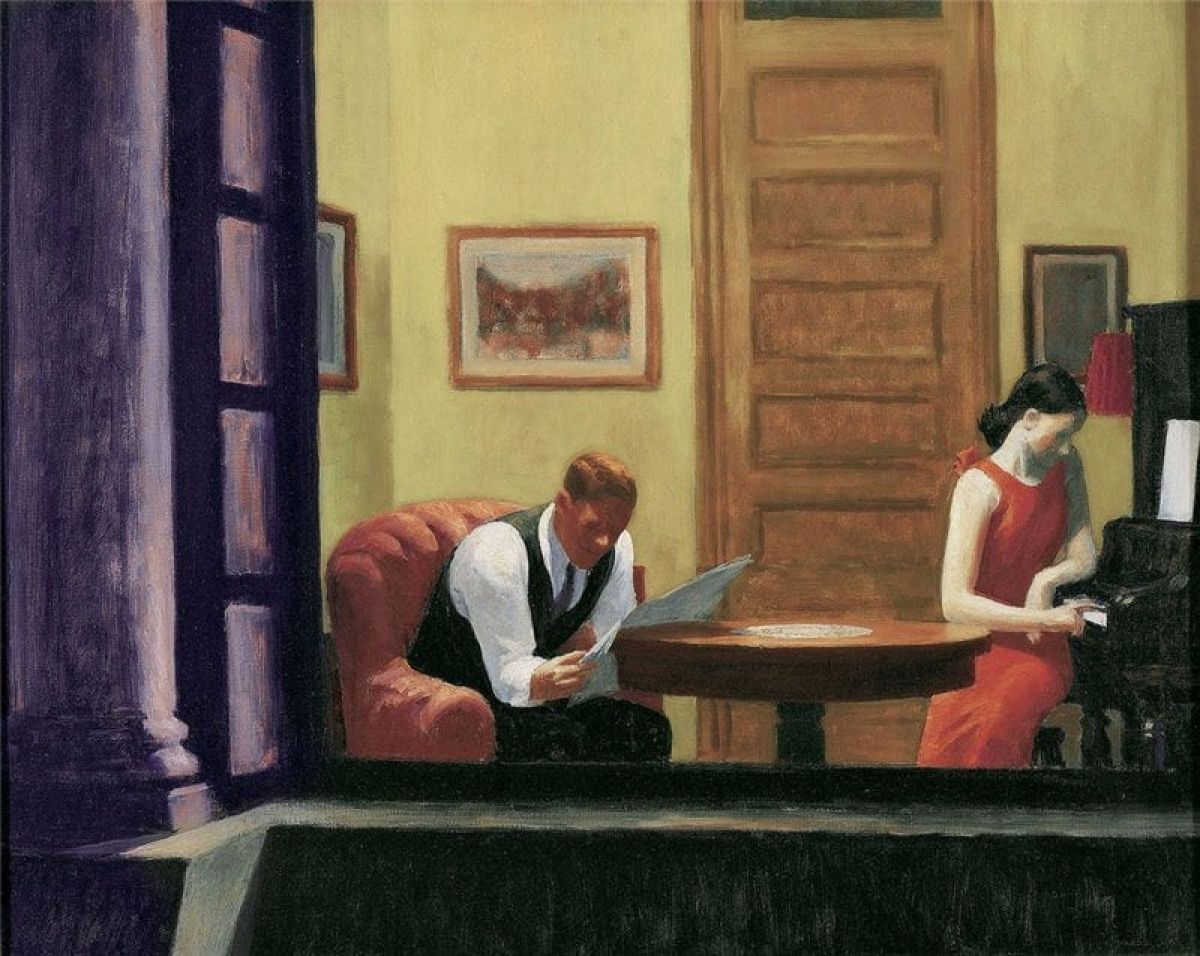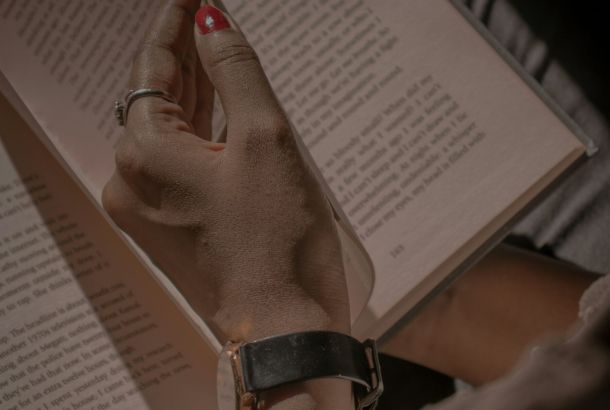Our forgotten authors

One half of the population is almost entirely under-represented on most bookshelves, high school literature syllabuses, and important literary prizes. Female writers are often forgotten, or worse, ignored.
We have all heard about glass ceilings; from economics, to cinema to parliament. Within literature, every now and then we see Jane Austen here, Virginia Woolf there, and even a great review for a new Zadie Smith novel. Some see this as enough evidence to claim that women are fairly and properly represented in literature. “Look, there’s a book by Simone de Beauvoir and it’s about sex!” All I can do is roll my eyes.
For a long time, women were supposed to be interested in the arts and romance and men were supposed to tend towards rationality and science. Women were supposed to stay at home, cook and maybe read novels. But who are the most recognised chefs in the world? Men. Who are the great, romantic poets with tender verses on love and beauty? Men. The novels we read at school? Written by men. Women are limited to certain areas of interest but even within these areas men continue to dominate.
There is only one thing to do.
We must scour the past and bring up all the names of women forgotten by history, published anonymously or worse, the women who published their work under the names of their husbands.
There is a natural human desire to categorise and distinguish, yet it seems that men benefit more from these categorisations. While literature and art are supposedly feminine in comparison to the sciences, the majority of successful artists and writers are male.
Hemingway is celebrated for exploring masculine stereotypes, but when female writers explore ‘feminine’ subject-matter they are reduced to ‘women’s fiction’. Men can write for everyone, but women, it seems, can only write for other women.
The female character is a mere object in the male-centric literary world; a two dimensional walking cliché that serves as either an obstacle to, or a reward for the main (male) character. Fitzgerald’s Jay Gatsby is a complex character who I admire. The female characters in The Great Gatsby though, are only “beautiful little fool[s]”.
Throughout history women have been treated like beautiful little fools. Women have had to pretend that they were men to be taken seriously and acknowledged. We must celebrate the authors who suffered through this, like George Eliot and Mary Shelley.
As part of my Spanish Literature syllabus, we studied the Generation of ’27— a group of artists that shared ideas about democracy, freedom ad the rights of Spanish citizens. Each student (male and female) in my class had to memorise the work of six male poets from the movement. What we didn’t know while memorising their work, was that there were as many women as men involved in the movement; apparently they were just not worth studying. In 1927, the women poets were considered equals by their male colleagues. It was a time of optimism before the Spanish Civil War. Nowadays, we don’t even get to hear about their existence.
I’m sure I am not alone in believing that female writers deserve to be studied. Education is essential in fixing the problem. Women need to be made visible through history, through literature. To start, I’d like to recommend some books by forgotten female writers who have recently been rediscovered. A Manual for Cleaning Women by Lucia Berlin and Fire in the Blood by Irène Némirovsky are both brilliant.







